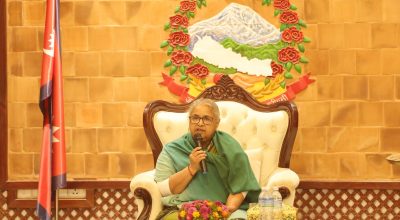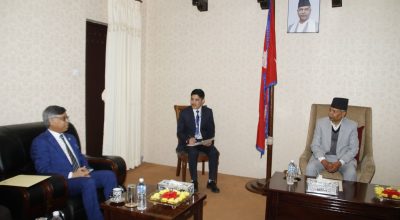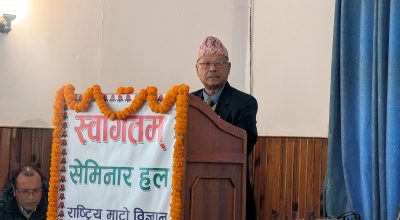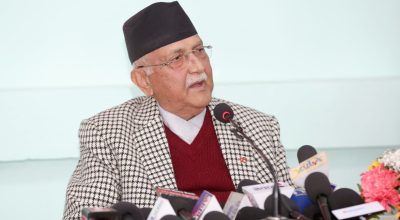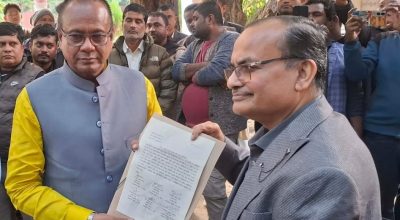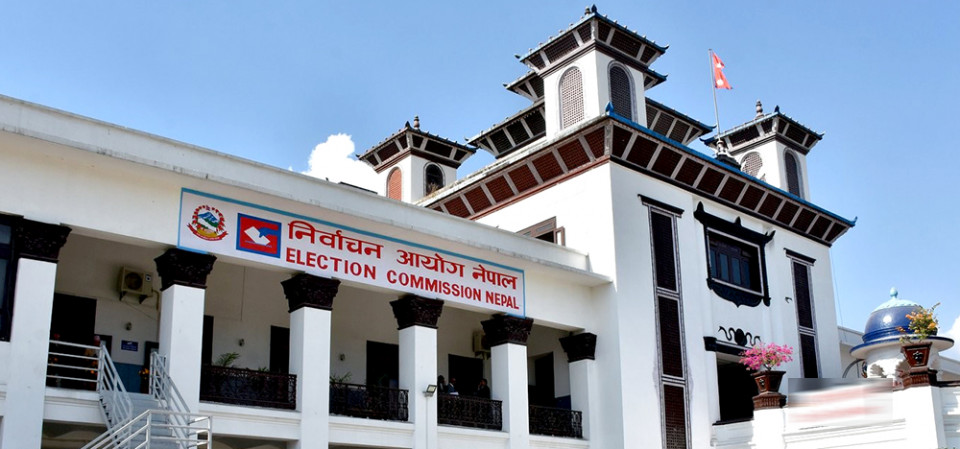
Kathmandu: The Election Commission has adopted a zero-tolerance policy against all sorts of harassment and discriminations at work place during election management.
Towards this, the constitutional body responsible to conduct and monitor elections has issued ‘Gender and Inclusive Policy-2077 BS’.
The Policy aims to contribute towards strengthening democracy by making all phases and procedures of elections gender-friendly and inclusive, according to Commission’s assistant speaker Kamal Bhattarai.
The Commission would be active in protection, development, empowerment of the women of all caste, region, communities and those socially and economically backward and to ensure opportunities and access for them to minimize the gender-based violence during election period.
The voting for the House of Representatives and Provincial Assembly election is scheduled on November 20 this year simultaneously.
The policy was put in place to aid in achieving political objectives of the State to strengthen federal democratic republic system by implementing the principle of proportional inclusiveness in the governance enshrined in the Constitution.
Equal access to work places including election’s centres and stations would be ensured to women, senior citizen, Dalit, people with disabilities, sexual minorities and other marginalized communities so that they could exercise their democratic rights. It is said that the Commission had been conducting activities such as voter education taking into account the sensitiveness of women, senior citizens, people with disabilities, sexual minorities and other marginalized communities.
While formulating voter education programmes, prior consultations were held with these targeted communities to introduce voter education as per their linguistic convenience and ease.
The Commission will adhere to gender equality and inclusiveness in selection and mobilization process of staffs for election in all phases and process of the election such as recruitment of staffs, training, selecting volunteers and observers.
If there were any complaints from staffs and other stakeholders regarding gender-based discrimination, misconduct, harassment during the election, arrangement has been made for them to lodge their complaints and getting heard.





